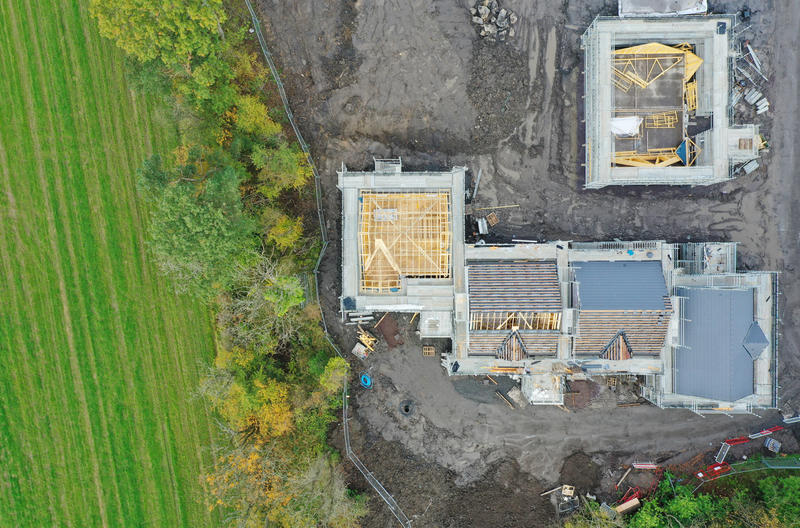Dame E.J. Milner-Gulland, Professor of Biodiversity at Oxford Biology, explains why conservationists and researchers are concerned about the proposed Planning & Infrastructure Bill, and what needs to change for UK growth to not come at nature’s expense.
The UK Government has vowed to ‘build, baby, build’ to deliver 1.5 million homes across the country by 2029. There is no question that England urgently needs more homes, but can this really be achieved without worsening the biodiversity and nature crises? – particularly since the Government’s proposals to ‘streamline’ environmental regulations have got wildlife charities up in arms.
Part 3 of the Planning & Infrastructure Bill, currently being debated in Parliament, is an attempt to square that circle. It proposes a new way to manage development’s environmental impacts: Environmental Delivery Plans (EDPs) and a Nature Restoration Fund (NRF). The stated aim is that these will speed up decisions while improving outcomes for nature at landscape scale. Under an approved EDP, developers could pay into the NRF rather than deliver all mitigation themselves. Natural England would design EDPs and the Secretary of State would approve them.
This sounds good in theory but researchers like myself worry that without proper safeguards, these proposals won’t actually deliver real benefits for nature. Assessing environmental impacts and appropriate mitigating action is a complex process; short-circuiting it runs the risk that nature-restoring activities are rushed, inadequate and ineffective.
So, what needs to happen to get Part 3 right – for nature and for people?
To read the full expert comment, visit: https://www.ox.ac.uk/news/2025-10-29-expert-comment-building-faster-building-fairer-can-we-make-growth-work-nature

Image: Richard Johnson, Getty Images